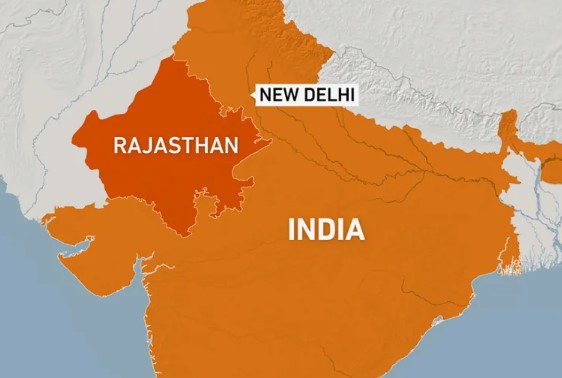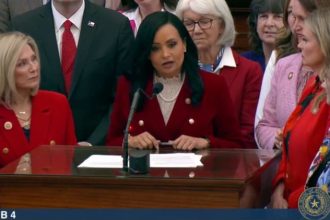A key Indian export body warned on Tuesday that harsh US duties could “severely impact” shipments to Washington, less than 24 hours before President Donald Trump was set to double tariffs to 50 per cent.
Trump said this month his administration would sharply bump up tariffs on Indian goods from their current 25 percent from August 27 as punishment for New Delhi’s purchases of Russian oil, which Washington argues helps finance Moscow’s war in Ukraine.
The new duties are expected to kick in on Wednesday morning in India, barring a last-minute reversal from Trump.
The Federation of Indian Export Organisations (FIEO) said on Tuesday the higher tariffs would expose about 55 percent of US-bound shipments to “pricing disadvantages” and make them “uncompetitive” with goods from countries such as Vietnam, the Philippines, and China.
It said manufacturers in key textile production hubs across India had already halted production and that seafood exporters were staring at “disrupted supply chains” and “farmer distress.”
The federation said that order cancellations also loomed large on labour-intensive export sectors such as leather, chemicals, handicrafts, and carpets.
FIEO President S C Ralhan said in the statement that there was an immediate need for government support, including liquidity-easing measures for exporters.
“FIEO appeals for swift, coordinated action among exporters, industry bodies, and government agencies to protect livelihoods, reinforce global trade links, and navigate this turbulent phase,” the statement said.
“The steps taken now will determine how effectively India withstands external shocks and reasserts its presence in the global export landscape,” it said.
India is not a manufacturing powerhouse, but economists estimate that its GDP growth could slip below six per cent this fiscal year if the 50 per cent tariffs kick in.
That would mean missing the central bank’s projection of 6.5 per cent growth.
Indian stocks fell on Tuesday ahead of the likely US tariff move, with the benchmark Nifty index ending down a little over 1 per cent.
AFP









